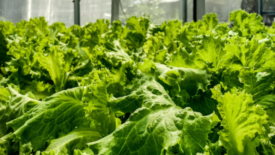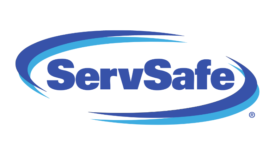Management
Ep. 128. Bill Marler: Perspectives on Poisoned and Food Safety Progress
September 19, 2022
Never miss the latest news and trends driving the food safety industry
eNewsletter | Website | eMagazine
JOIN TODAY!Copyright ©2025. All Rights Reserved BNP Media.
Design, CMS, Hosting & Web Development :: ePublishing










